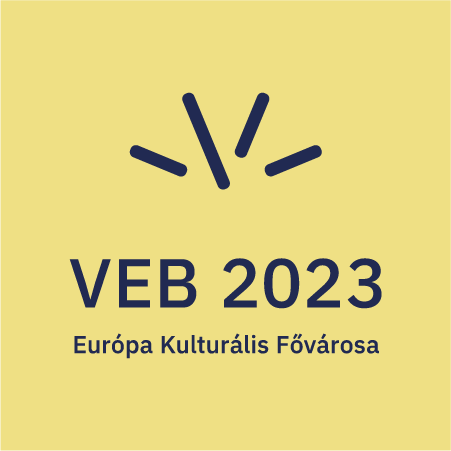
Zsófia Szonja Illés is a multidisciplinary artist and designer with an environmentally and socially
engaged practice. She got her masters degree from The Glasgow School of Art, and was selected
for the “socially engaged artist residency” programme at the Center of Contemporary Art (CCI:
Glasgow) between 2019-2020. She currently is a land researcher at IASK (Kőszeg) and a doctoral
candidate at MOME (Budapest), where here research topic is ‘More-than-human Placemaking’.
She is developing sensory methods to capture and describe traditional ecological knowledge on
flood landscapes.
‘Sensory Methods towads more-than-human Placemaking and Sensory Walk’ (Methods Seminar and Walk)
13:30 pm – 14:15 pm
Sensory Methods towads more-than-human Placemaking and Sensory Walk – Seminar
Seminar and guided walk with Zsófia Szonja Illés, Researcher at MOME Budapest and iASK
The Seminar will unpack how sensory methods can contribute to place-engagement in the context of land research and placemaking design. It will reflect on the role of diverse arts- and design-based methods (eg: sensory walks, sensory ethnography and sensory installation art). Through case studies, the seminar will consider, how these methods might encourage and enable a different kind of place-based engagement, collaboration, collaborative learning and understanding around environmental issues, and how such methods might help designers and researchers to communicate complex, layered environmental and land use issues. Case study locations will include Hungarian waterscapes, such as the Middle-Tisza region.
14:15 pm – 15:00 pm
Guided Sensory Walk (participation in the seminar is a requirement for the walk) Seminar and guided walk with Zsófia Szonja Illés, Researcher at MOME Budapest and iASK
Following the Methods Seminar, the audience will be invited to join a 30 min Sensory Mapping Walk in the neighbourhood, so the methods can be tested in practice. At the end of the walk, the group will return to the seminar venue for an informal discussion and reflection. Walk participants should wear warm clothing and bring with them a camera (phone), paper and pencil.
Video documentation of a previous walk (Cologne, Germany):
